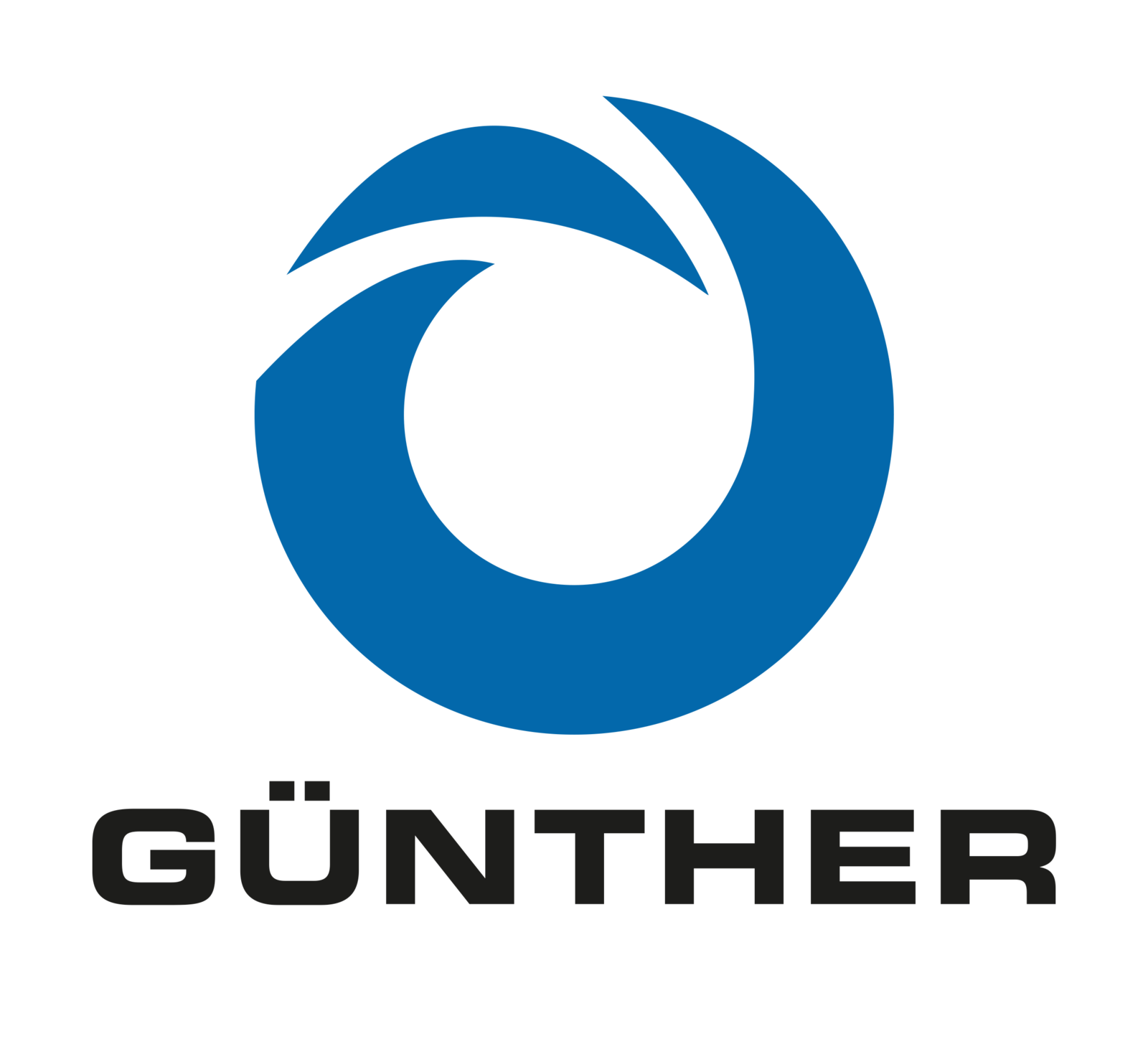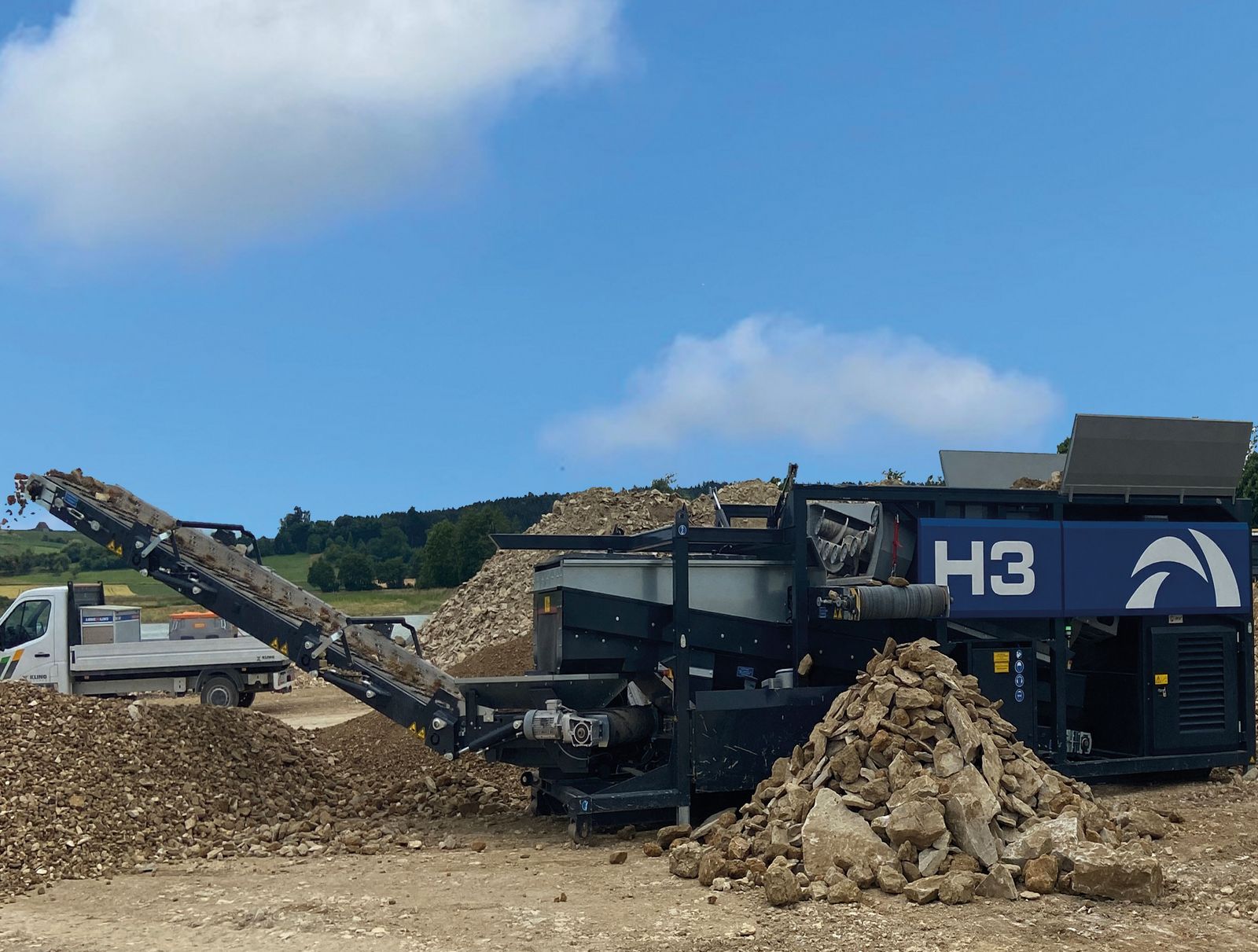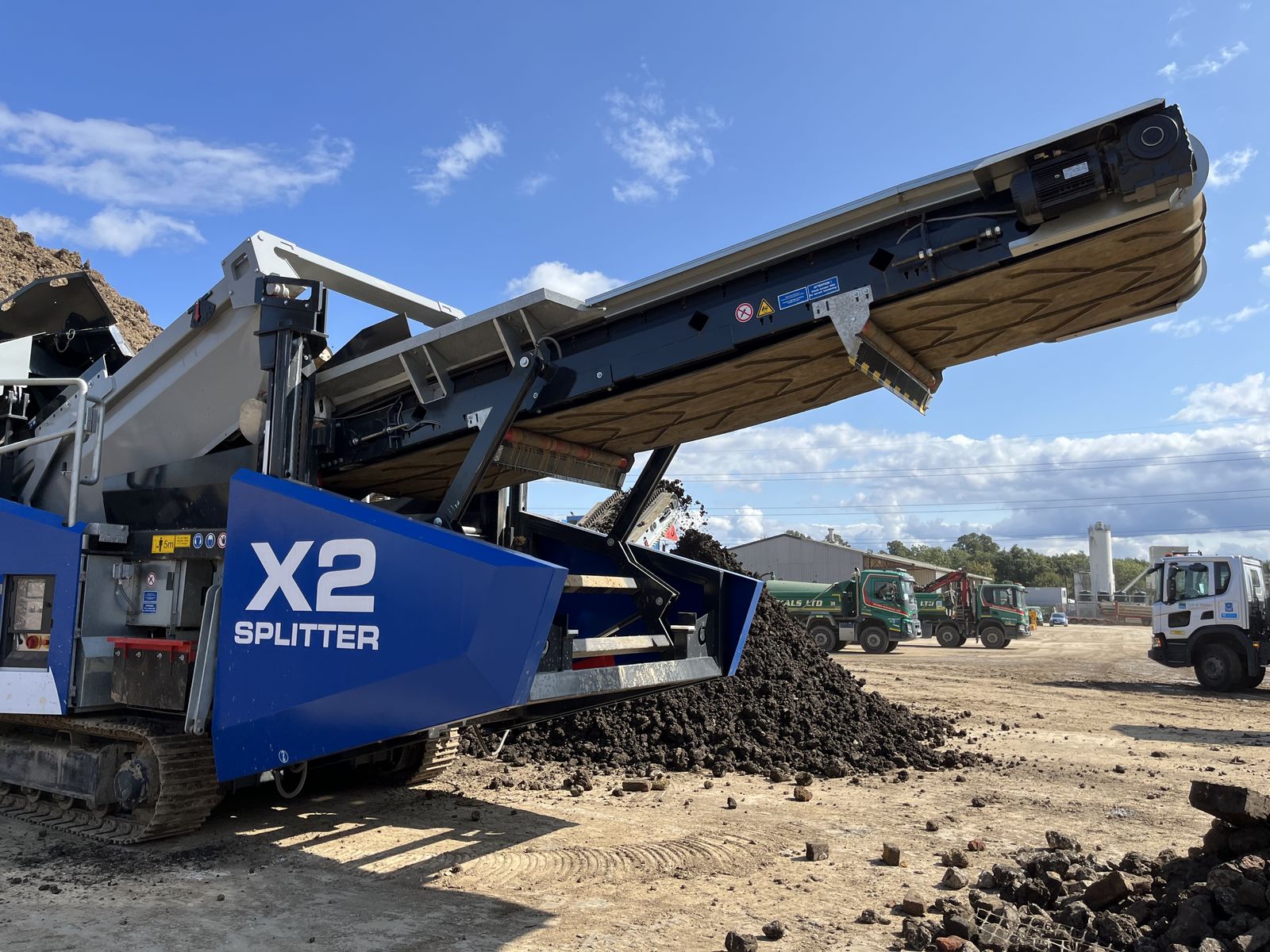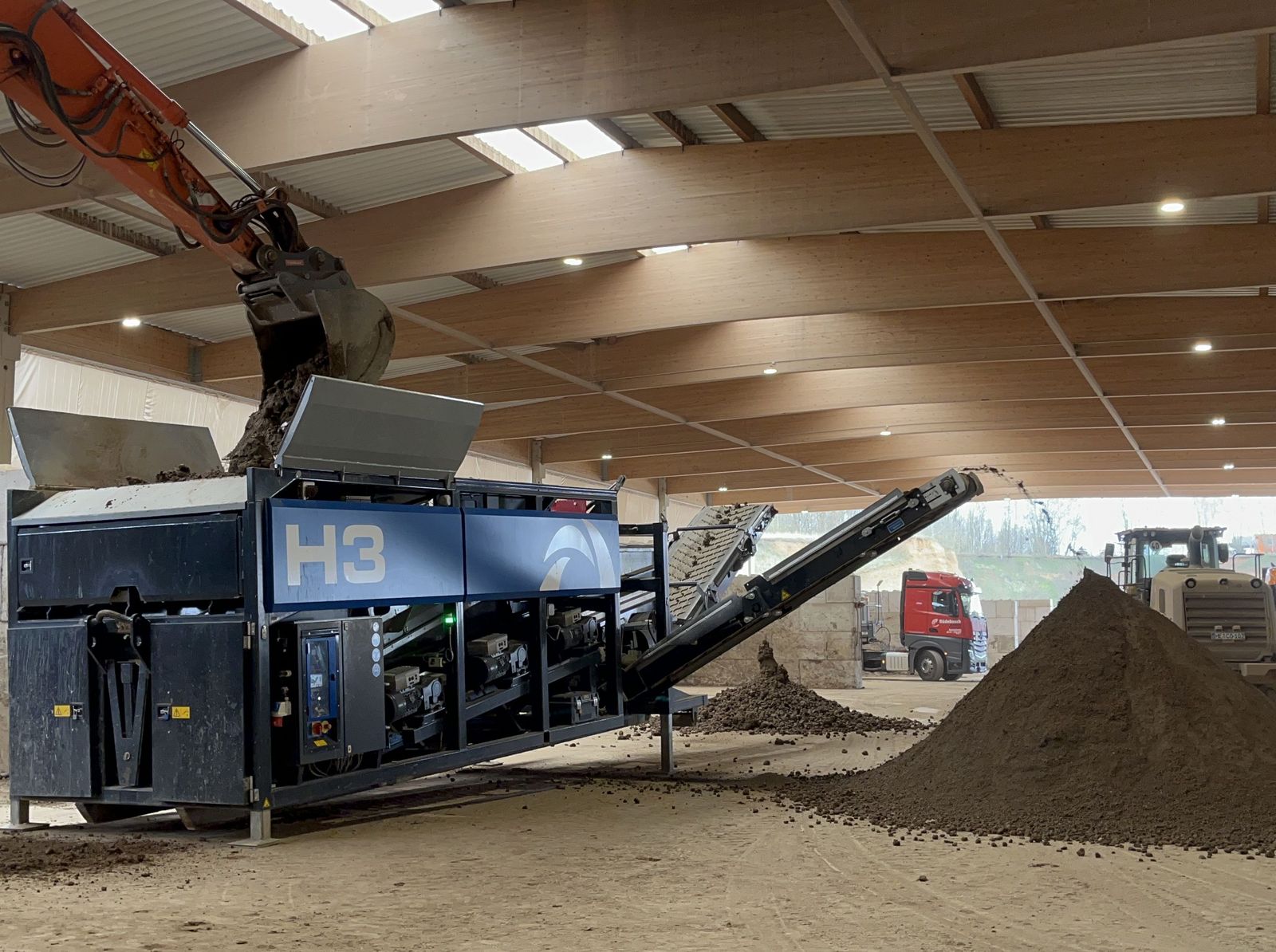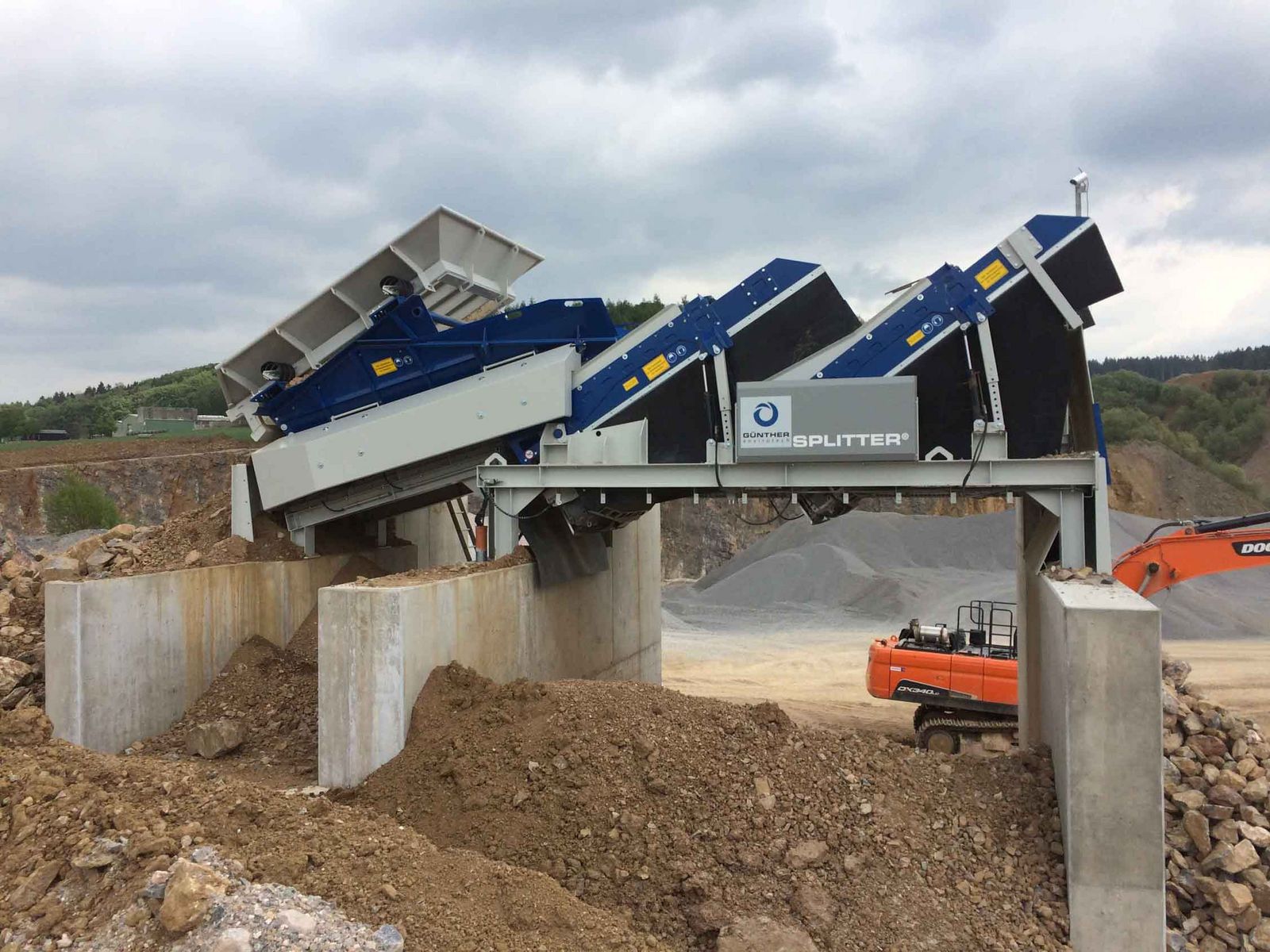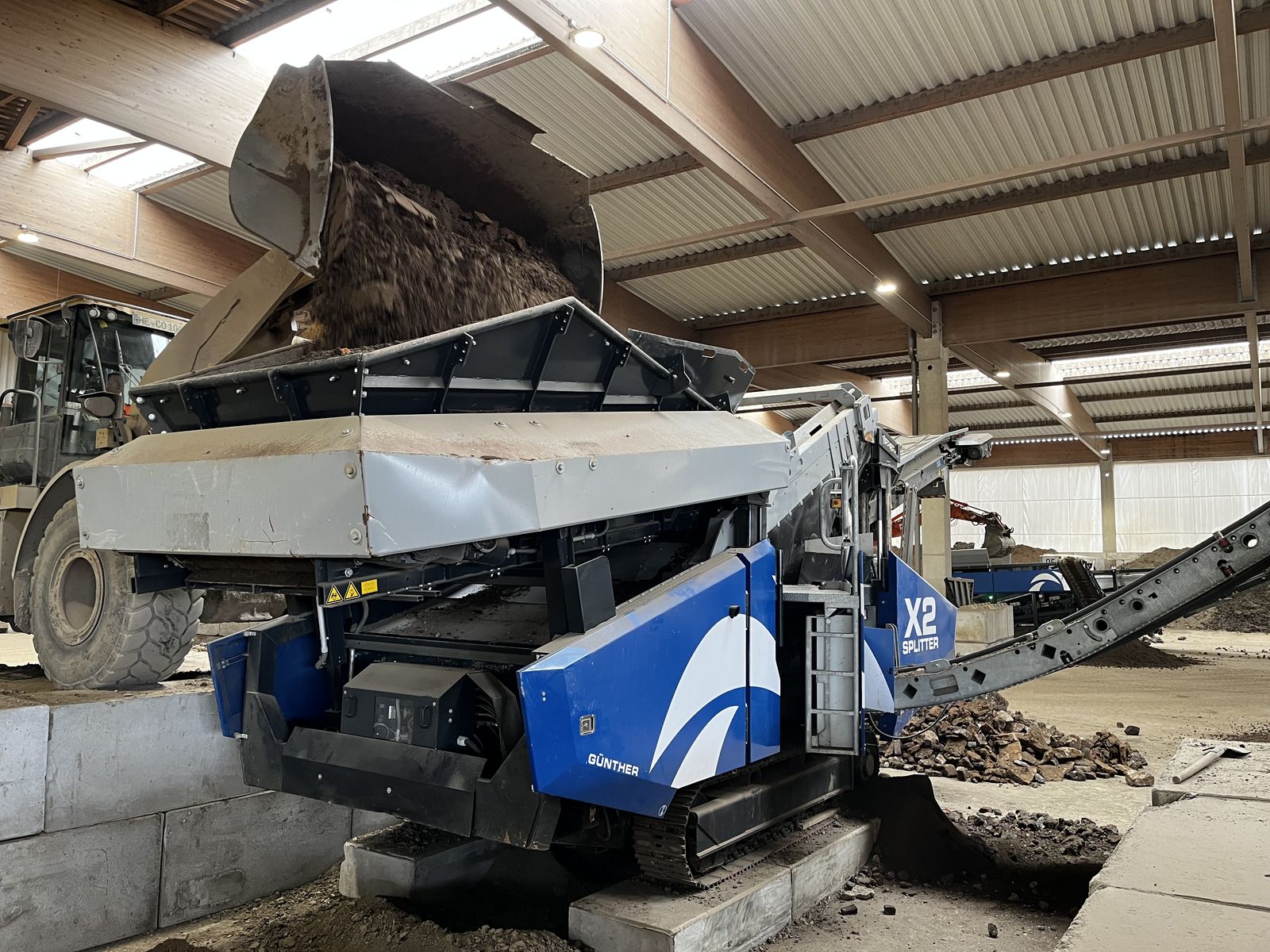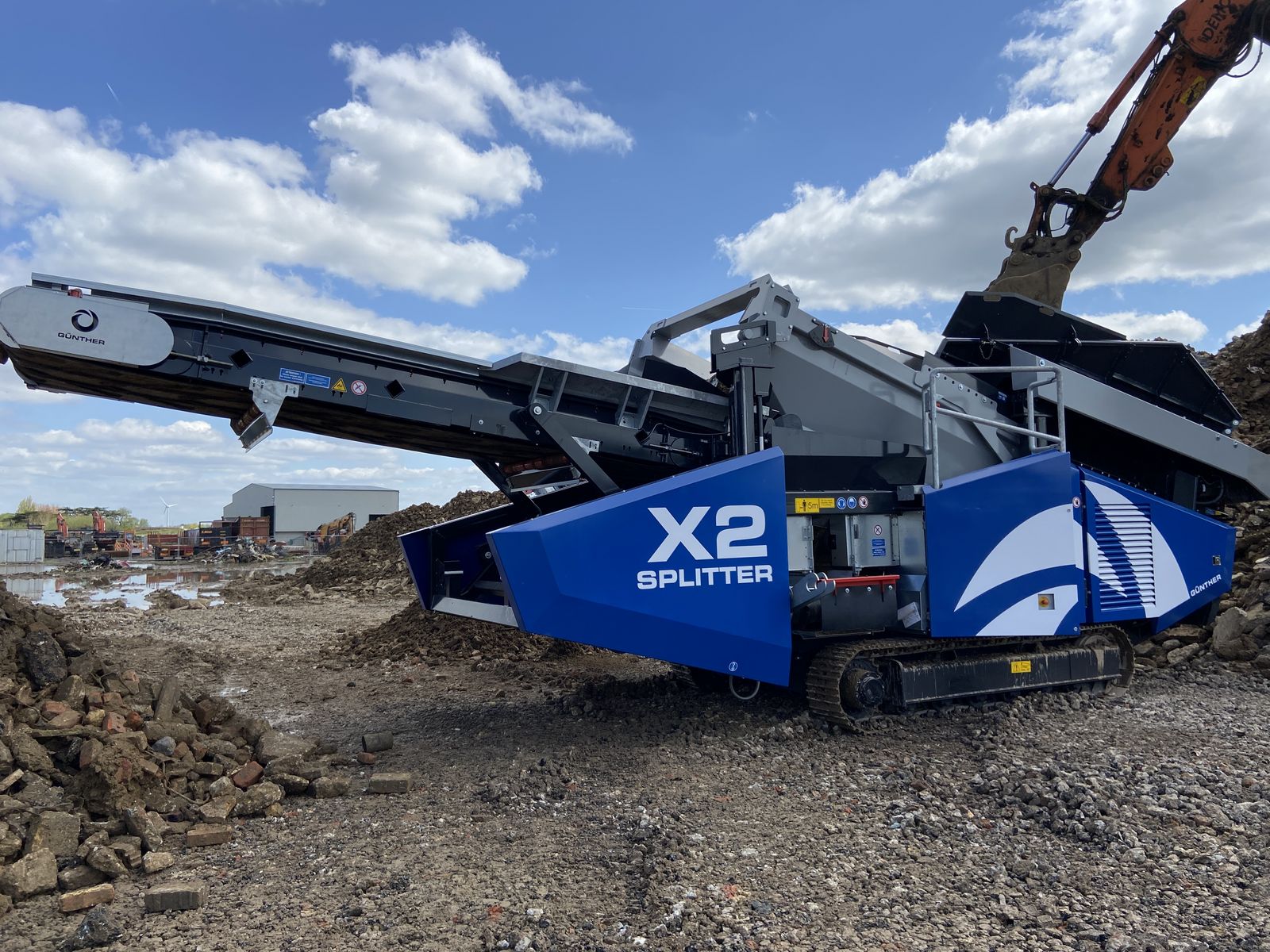Plant engineering and processing technology for soil processing - Stones and soils
Mineral raw materials are at the beginning of the value chain - currently around 90% go to the construction industry. Sustainable raw material extraction has the following framework conditions:
- Using existing, finite resources as efficiently as possible
- The duration of a permit to expand the area of a quarry extends over many years
- The duration of the already approved quarry area must be extended
- Existing spoil heaps contain valuable raw materials and block or take up space within the quarry
The all-rounder SPLITTER in use:

The actors
- Operators of quarries (raw material suppliers)
- Disposers of mineral construction waste
- Earthworks and civil engineering companies
- Deconstruction companies
- Top spoil (mixture of roots, soil, clay and stones)
- Contaminated excavated soil
The challenge
- Classic screens (usually 3 fractions) work well with dry material without impurities (rootstocks, reinforcing bars, loam/clay, cohesive and loose materials)
- Depending on the nature of the material (wet, impurities), screen gaps become clogged > manual cleaning necessary
Reconditioning with the SPLITTER TWIN WAVE
- Mixture of earth, clay and stones (dry, moist and wet condition)
- Grain size up to approx. 400 mm
- Screening cut approx. 50 / 80 mm
- Output
- Clean oversize grain for further processing
- Undersize from clay, earth and stones < 50 mm
- Thanks to its unique screen deck shape, the SPLITTER TWIN WAVE enables ideal processing - without the consistency of the material affecting the screening result.
- The clay, which is more like plasticine in its consistency, is peeled off by the spiral waves and repeatedly deformed and separated by the dynamics of the stones on the screen deck.
- The trough-shaped screen deck collects the material via the counter-rotating spiral shafts. The operator can influence the dwell time on the screen deck via the individual inclination adjustment.

Practical examples for the efficient separation of stones and soils
Practical application example - contaminated soil
The aim here is to break down the material, a previously unusable mixture of materials, into 3 fractions. The impurities (oversized particles) are to be separated so that the topsoil can be reused
Feed material: Loamy soil with impurities (sticks and stones)
Target material: Topsoil free of sticks and stones
Application example from practice - excavated soil
The mobile SPLITTER X2 is used by Max Wild GmbH to process excavated soil and loamy material.
The robust tracked vehicle is designed for uneven ground. With its stable and robust SPLITTER TWIN WAVE screen deck, the SPLITTER X2 is perfect for this heavy and sticky material. The flexible adjustment options of the SPLITTER X2 ensure reliable material flow throughout the entire process.
The use of modern motor technology delivers a throughput rate of up to 200 t/h.
Practical application example - clayey soil with impurities
The aim here is to break down the material, a previously unusable mixture of materials, into 2 fractions. The usable rock (oversize grain) is made available for further processing and the undersize grain, a mixture of stone and earth, can be deposited.
Feed material: Clay/earth mixture with a grain size of up to 400 mm
Target material: Stones with a grain size greater than 100 mm

The SPLITTER as a solution
- Consistency of the material (dry, wet, with or without impurities) has no influence on the screening result
- Can also be used with untreated material
- Inclination adjustment allows you to react to different material properties
- Machine running time/availability multiplied through year-round use
- Self-cleaning system due to an active screen gap
- Separation by type reduces space requirements, e.g. within quarries > Conservation of resources/optimized raw material yield
- Pre-separation/dosing for subsequent processes
Practical application example - Upper soil
The aim here is to break down the material from a spoil tip, a previously unusable mixture of materials, into 2 fractions. The usable rock (oversize grain) is made available for further processing and the undersize grain (smaller than 50 / 80 mm), a mixture of stone and earth, can be deposited.
Feed material: Stockpile material with a grain size of up to 400 mm / oversized material is separated via the grid
Target material: Stones / unmixed oversize grain with a grain size of 80 / 400 mm
Reconditioning with the SPLITTER TWIN WAVE
Task definition
- Separate material from a spoil tip, i.e. previously useless and space-consuming material, into 2 fractions
- Separate usable rock (oversize) for further processing from soil, clay and stone mixture (undersize < 50 / 80 mm)
Conditions on site
- In dry condition and after approx. 120 l/sqm of rain within 2 days
- The system was loaded using a 40 t crawler excavator
Advantages of reconditioning with the SPLITTER TWIN WAVE
- Constant screening performance due to active screen gap
- Self-cleaning screen system
- Problem-free processing even with impurities
- Can also be used with non-pretreated material
- Interchangeable screen deck for different grain sizes
- 100 % diesel-electric, low diesel consumption
- Low drive power
Conclusion
- Throughput 150-300 t/h (depending on material properties and consistency)
- According to the material distribution of the weighing slip, this results in an additional raw material extraction of approx. 75%
- The stockpile volume within the quarry is significantly reduced to only approx. ¼ of the previous space requirement/volume

Our Recommendations:
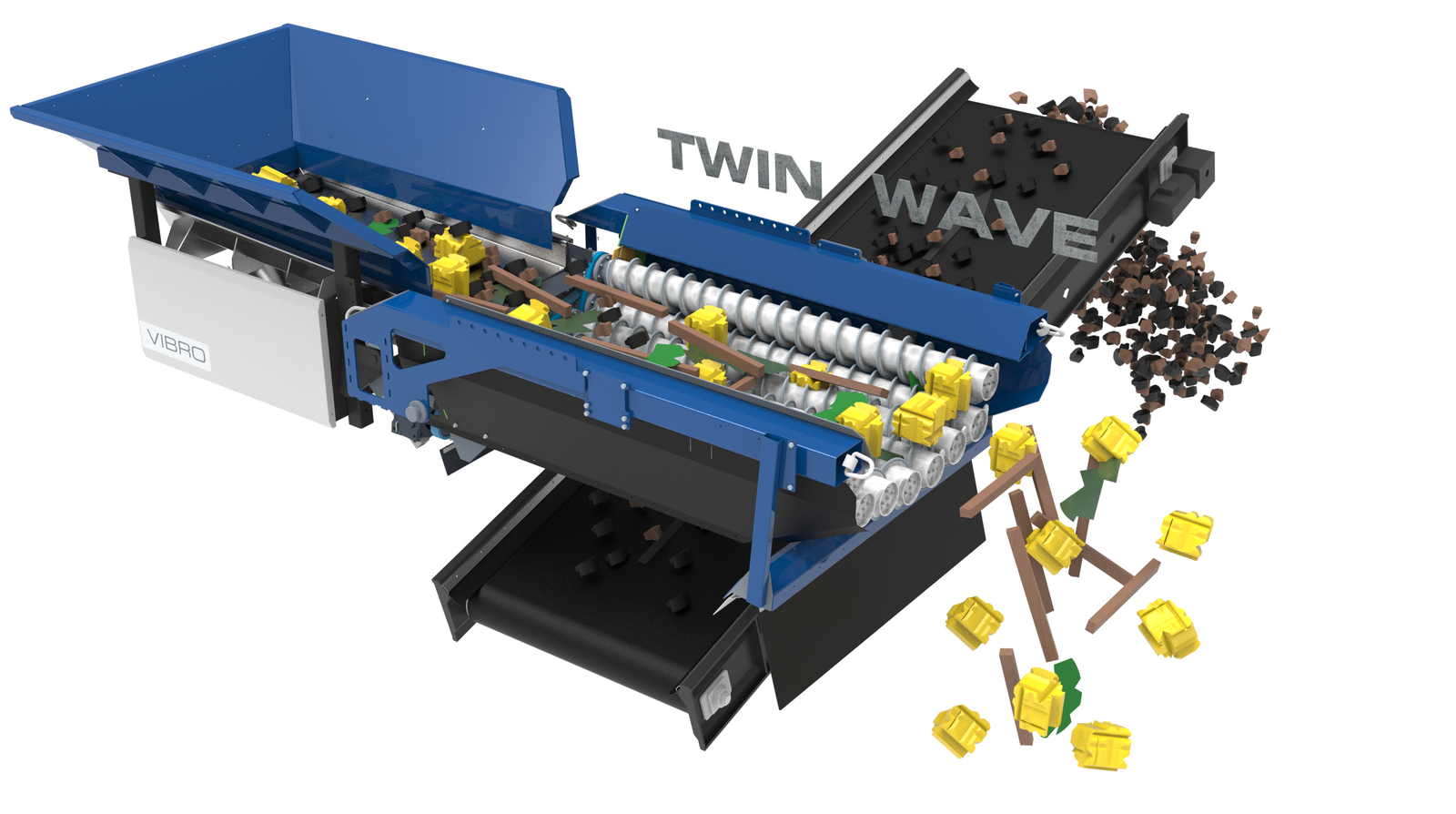
SPLITTER TWIN WAVE
Thanks to its unique screen deck shape, the SPLITTER TWIN WAVE enables the processing of heavy and sticky material with an impurity content (e.g. clay and stone mixtures).
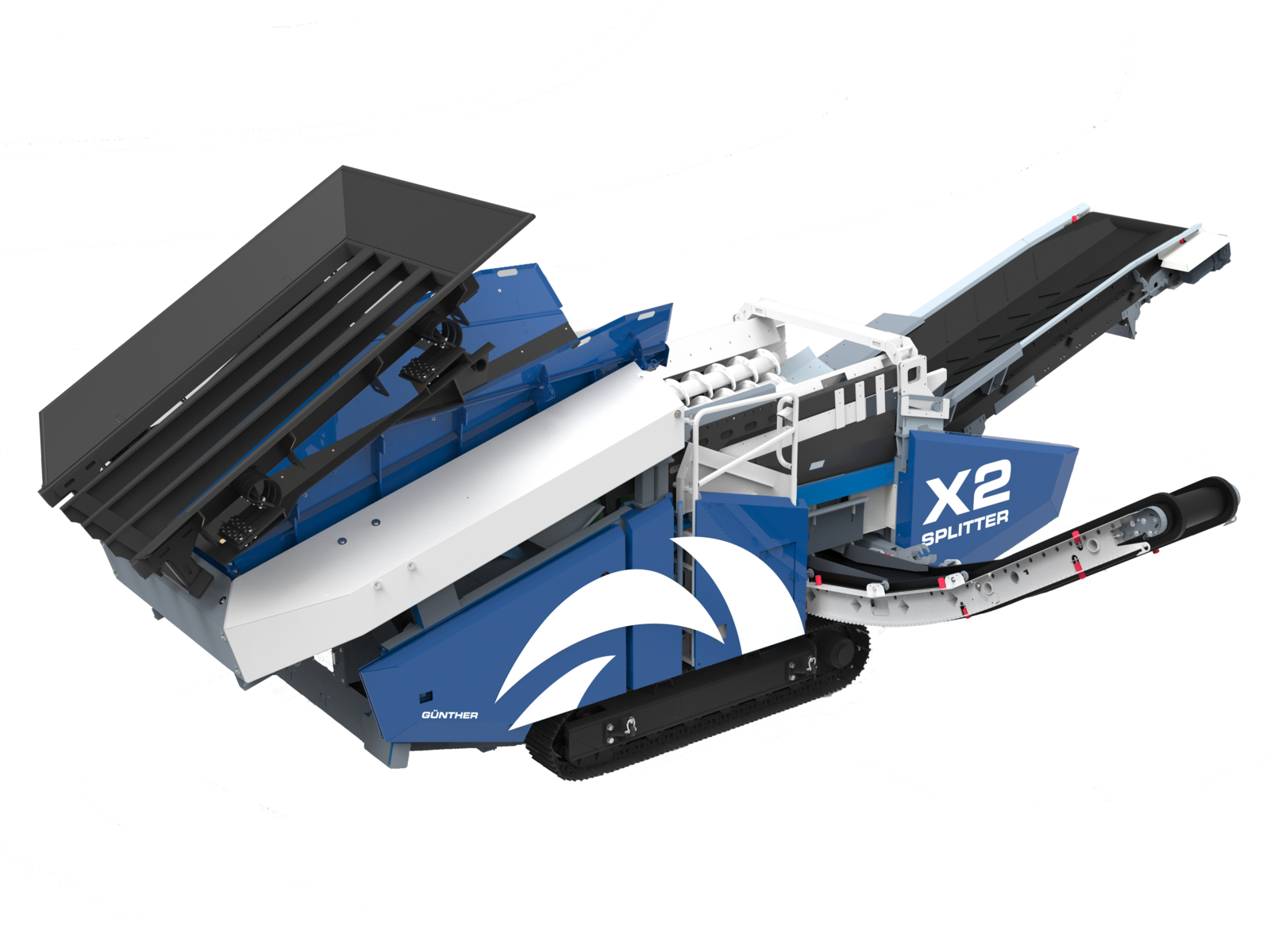
SPLITTER X2
The track-mounted SPLITTER X2 with its robust SPLITTER TWIN WAVE screening deck is the expert for heavy, sticky and partly unshredded material (stones, clay, contaminated soil for landfill).
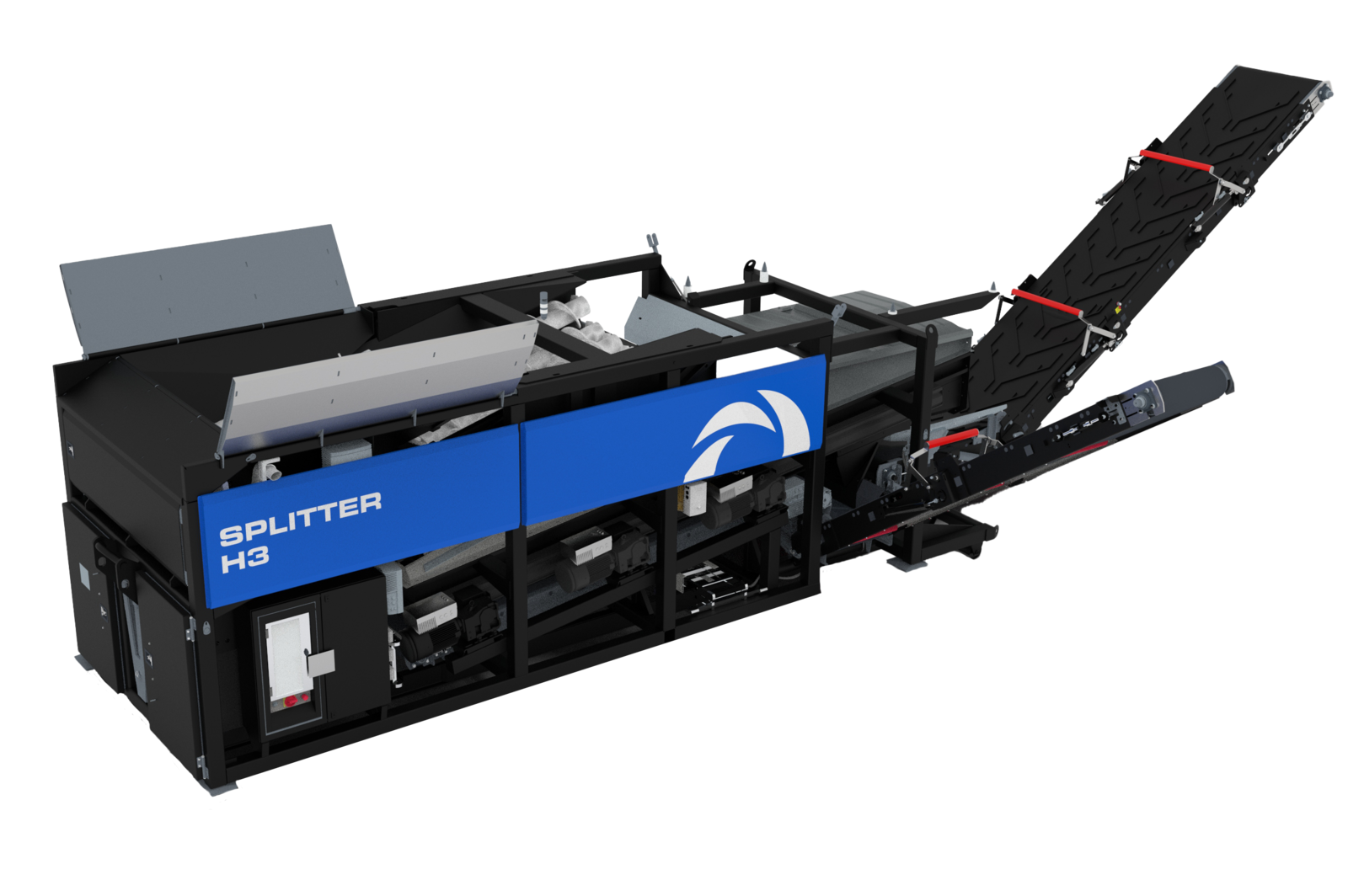
SPLITTER H3
The SPLITTER H3 hook-lift mobile 3-fraction special separator combines the latest technology with tried-and-tested technology in one machine. It is the expert for heavy and sticky materials in the tightest of spaces.
Your contact person

